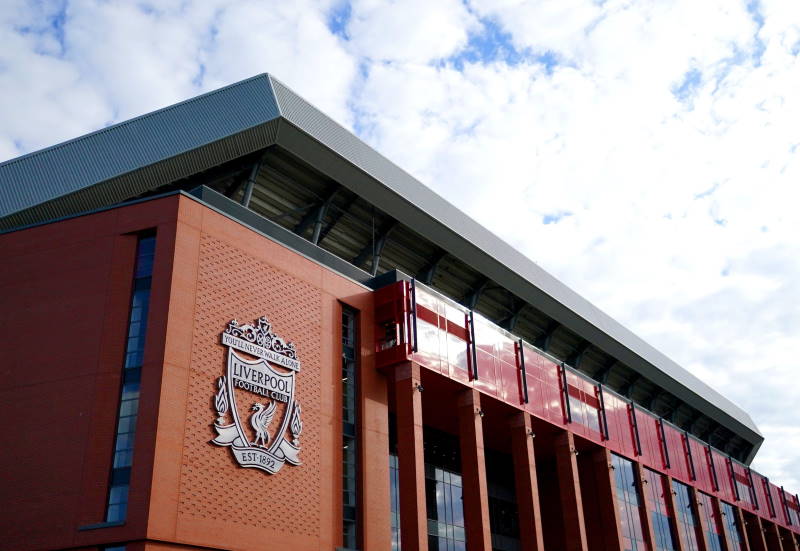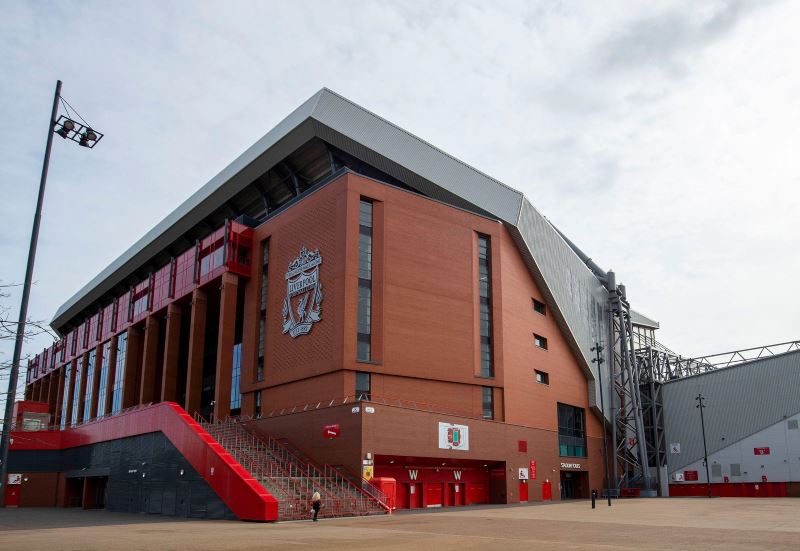 Futebol: The Brazilian Way of Life
Futebol: The Brazilian Way of Life
By Alex Bellos
Alex Bellos’ “Futebol: The Brazilian Way of Life“ is a thorough and fascinating look at how Brazil fell in love with the beautiful game, and the role it plays in their society and culture. Bellos explains how the Englishman Charles Miller arrived in Santos with two footballs in his hands and told his father John that he had graduated in football. With the help of fellow Englishmen already in Brazil, Miller helped spread the game in the country that would go on to dominate the sport.
Brazil was captivated and hooked: Today more players from the country play abroad than those of any other nationality. In many cases, as Bellos explains, this is simply because of their nationality and he even traces two players plying their trade in the Faroe Islands. They were signed, because their club had simply ordered a couple of Brazilians, rather than specific players.
The book is an emotional journey because the Brazilians are an emotional people, for whom watching or playing football is practically to live. Despite being the most successful nation in the competition, Bellos explores how Brazil is more affected by the World Cups it does not win than those it does. How the 1950 defeat to Uruguay on home soil in the ‘final’ of that year’s World Cup, the Maracanazo, has left a permanent psychological scar on a nation; how being merely the second best team in the world in 1998 led to a congressional enquiry.
Naturally, the legends of the Brazilian game, from Socrates to Ronaldo, are a part of the intriguing narrative. As is the story of Garrincha, the great rampaging full-back who met a tragic and modest end despite his status. Bellos travels Brazil exploring the country’s relationship with the game and comes across a series of intriguing tales, including the stadium located in both the Northern and Southern hemispheres, as well as games of ‘car football’.
There is also an excellent dissection of the problems affecting the heart of the Brazilian domestic game. An historically chaotically disorganised national league is the result of the state championships which retain a crucial place in Brazilian football. And that is largely because of the way in which the Confederation of Brazilian Football (CBF) President is elected. Football is played literally all year round in a country where the game is beyond saturation point and where the national league in 1978 involved a staggering 74 teams.
During his journey, Bellos interviews the man who designed the iconic yellow, green and blue Brazil kit, but who actually supports Uruguay. What is so striking about Bellos’ book though is how interlinked Brazilian football and politics are. Few countries have such an overlapping relationship between the two. Bellos explores how the battle for popularity between the big Rio clubs spills over into the Brazilian Houses of Parliament, as well as how a football team can help individuals to get elected.
Football is power in a country so in thrall and in love with the game as Brazil, a country which values the family and emotions higher than most. There are the scandals and tragedies that have been caused by the obsession, the eccentric club presidents and the robbery and subsequent melting of the Jules Rimet trophy. Brazil is a nation more defined by its football than any other, but it is one love affair destined to last.













